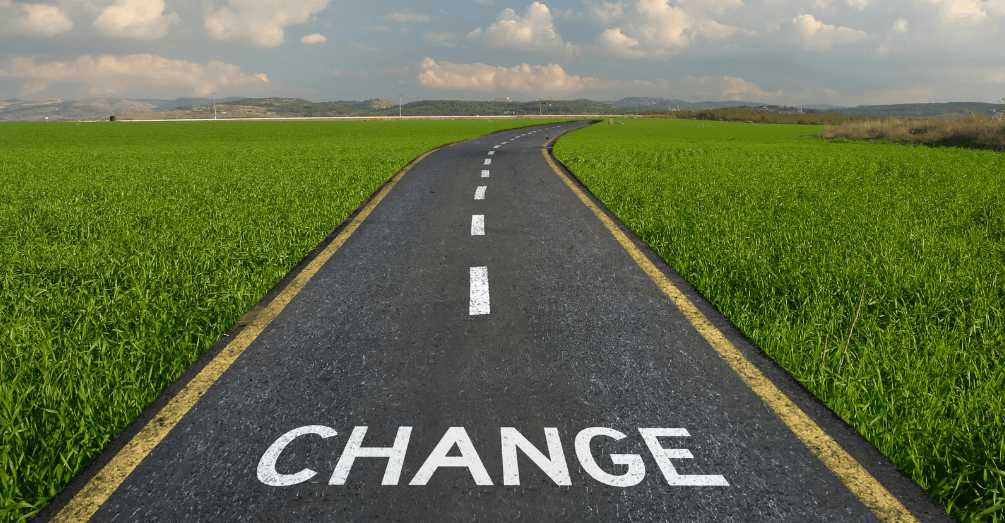The Surprising Link between Personal Well-being and Sustainable Choices

How prioritizing your well-being can lead to a greener, healthier world
Scientists have long suspected that the environment is deeply linked to our health and well-being. Emerging research suggests that, apart from obvious factors such as pollution, hazardous materials, and other direct health risks, the state of our natural habitat directly correlates to our overall mental and emotional health.
This link has led to the concept of sustainable well-being, which says that individual well-being significantly impacts environmental well-being and that of society as a whole. Our innate human need to seek connections with nature reinforces the interdependence between personal and environmental health.
The connection between well-being and sustainability
Probably the most widely recognized index of sustainability today is the UN’s list of 17 Sustainable Development Goals (SDGs). A recent study conducted as part of the World Happiness Report attempted to measure the link between sustainability, as measured by advancement in the SDGs, and the well-being of the population across different countries. It found that in countries with greater levels of sustainable development, people were happier, healthier, and more willing to share with others.
The study brings to light a variety of interesting insights. For instance, it suggests that developing countries only need to focus on boosting their economic activity to improve the overall well-being of their populace. However, in developed countries, well-being can slow down or even begin deteriorating unless more socially focused issues like inequality and environmental quality are addressed.
As it turns out, sustainable development can have a measurable impact on our emotions too. The data shows that in countries making slower progress on the SDGs, people experience more negative emotions linked to climate change, like anger, anxiety, and despair—emotions that markedly jeopardize well-being. On the other hand, the countries making more progress in sustainability tend to report a higher frequency of positive emotions.
Well-being, the road to sustainable behavior change?
Considering the strong link between the health of the planet and the population, it becomes clear that certain behavioral changes have the power to influence both sustainable development and our collective well-being.
Similar to sustainable well-being, the concept of collective well-being relates to the overall function and health of a society or community. Collective well-being is important because, according to Dr. Brita Roy, “If people have higher well-being, they are also more likely to engage in trying to make their environment more sustainable to ensure they have a future on this planet.” In other words, individual well-being, when expanded to the scale of the community, leads to more responsible choices for the environment.
That said, crafting a sustainable lifestyle takes time, effort, and collective goodwill. But studies show that making the conscious decision to minimize our negative impacts on the environment doesn’t just spark positive environmental change, but also greater happiness, motivation, and individual well-being in the long term.
Here are some actionable tips you can take to prioritize your personal well-being while also helping take care of the planet.
Exercise
Adopting green transport alternatives is the easiest way to stay physically fit and environmentally friendly. By opting to walk, jog, or cycle instead of driving, you’ll cut emissions considerably, while relieving stress and boosting your cardiovascular health. Even just walking to the bus or train stop will help your heart and the planet.
Eat well
Eating green is another wellness action that fosters sustainability. Growing your own food, including more plant-based options in your diet and only buying seasonal, locally-grown produce are three ways to improve your physical health as you reduce your carbon footprint.
Clear the air
According to UNEP, the rising level of air pollution is a leading cause of mental health issues such as anxiety, depression, and even dementia. This is especially true for young people living in urban areas, who may face additional behavioral or learning challenges due to the presence of heavy metals like lead in the air.
On an individual level, you can turn the tide on air pollution by driving less, consuming less energy, and planting more trees. These actions help improve your environment both functionally and aesthetically, leading to greater mental well-being.
Invest in sustainable choices
A 2022 American Psychological Association study revealed that, for 72% of people, finances were the number-one stressor. And for many consumers, living sustainably comes with higher cost implications.
However, what most don’t know is that making the eco-friendly choice will always save you time and money in the long run. For instance, LED lighting, solar energy systems or geothermal heat pumps aren’t just energy efficient, they cut fuel and energy costs significantly, saving you money in the end.
Similarly, making sustainable fashion choices not only reduces waste and supports better labor practices for vulnerable workers, it also means that your purchases will likely be of higher quality and last longer.
Connect with like-minded people
Choosing a healthy lifestyle places you in a vibrant ecosystem of like-minded peers. Through volunteering and attending eco-focused events, you can build up a supportive social network that will help you feel more purposeful and motivated, thus improving your social well-being.
Here at IE University, we have an opportunity to educate society on the need for sustainable lifestyle choices. This works best if we apply the principles of sustainable and communal well-being in our own daily lives. By combining a supportive, positive learning environment with cutting-edge environmental knowledge, we aim to empower all members of the IE Community, and the community at large, to prioritize well-being for themselves and the planet.

